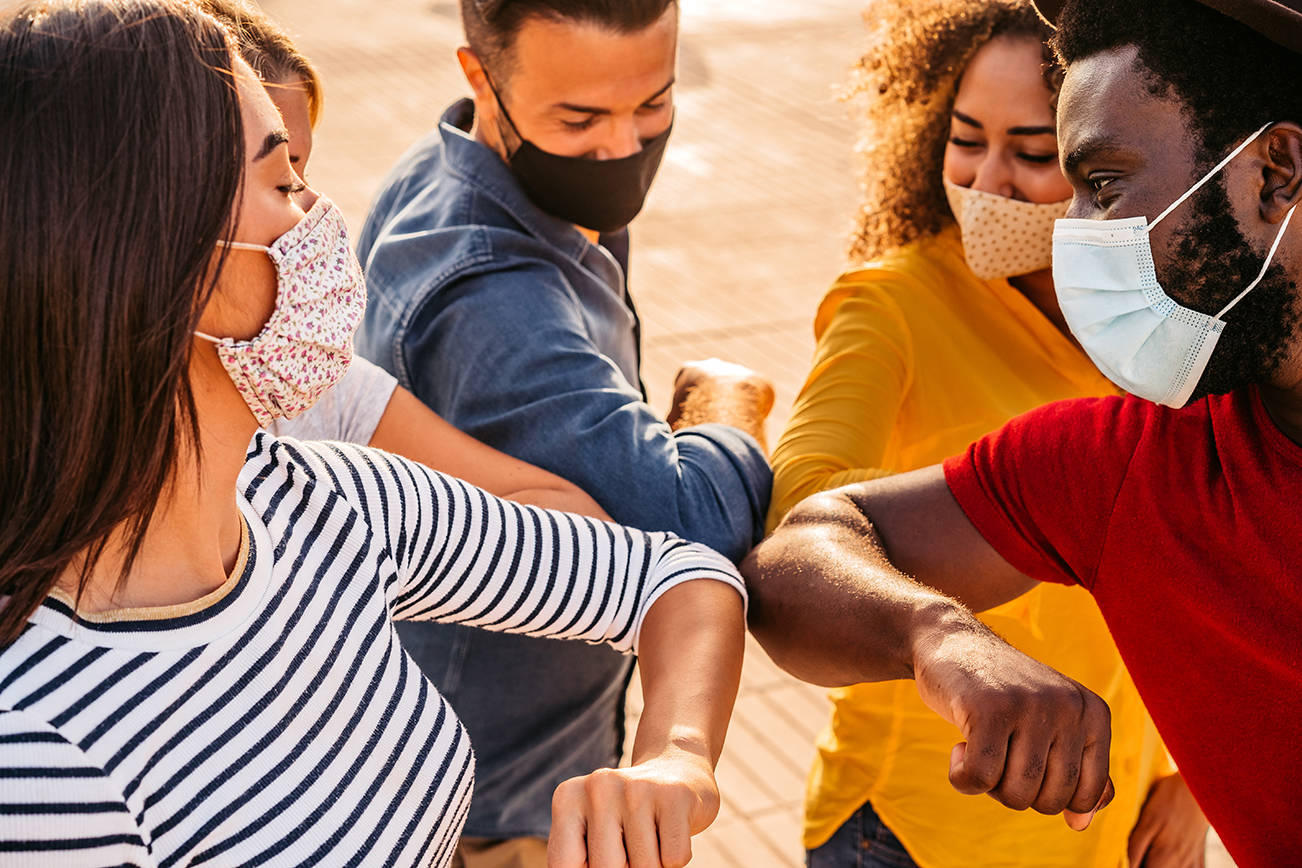Submitted by the Washington State Department of Health.
As the first COVID-19 vaccinations begin, the Washington State Department of Health is reminding people that it is very important to continue taking measures to prevent the spread of the virus. The initial distribution of vaccine is a major step forward. 20,475 doses arrived in the state as of noon today. While vaccines are a crucial tool in beating the virus, they can’t be used alone at this time.
We must all continue doing the things that keep us safe and avoid giving in to COVID-19 fatigue. In order to continue flattening the curve, it is crucial that we all continue the infection control practices that have become a part of everyday life for so many of us this year. That means wearing our masks whenever we leave our home and carrying our hand sanitizer. We’ll need to keep maintaining physical distance and reducing the time we spend indoors with people who don’t live with us.
“Even though it may not be convenient, we need to prepare to wear masks for many more months,” says Kathy Lofy, state health officer at DOH. “COVID-19 is mostly spread by droplets, and masks help us keep those droplets to ourselves and help us avoid breathing in others’ droplets. Wearing masks can decrease the spread of COVID-19, and when we combine that with the effect of the vaccine, we could see a drastic drop in the spread of the virus.”
Lofy adds, “There’s still a lot we don’t know about the vaccines. We don’t know how many people will be vaccinated statewide or when vaccine will be widely available. We also don’t know how long the vaccine’s protection will last. Until we have more data around those crucial components, masks, distancing and handwashing will continue to be crucial pieces of our disease prevention strategy.”
For some, that news may feel somewhat discouraging, and that is understandable. Behavioral health during natural disasters follows generally predictable patterns. At nine months into the pandemic, we’re solidly in the disillusionment phase of the recovery cycle.
“Pandemic apathy is a common experience right now,” said Kira Mauseth, a psychologist and co-lead for DOH’s COVID-19 Behavioral Health Strike Team, which produces monthly behavioral health forecasts. “We’re exhausted from managing the ways this virus has influenced our daily lives. The arrival of vaccines gives us hope for the coming months, and we also know we can’t give up on today.”
Mauseth notes that we can cope with pandemic apathy by first developing awareness and insight into what’s driving our thoughts, emotions and behaviors.
“Develop a practice of pausing, of taking a breath, before you respond to a person or situation,” Mauseth recommends. “Find small ways to engage with the things you do care about while practicing disease prevention guidelines. It’s harder right now, but more important than ever.”




